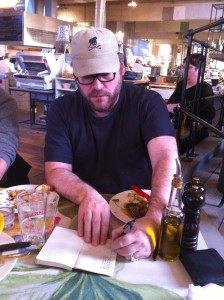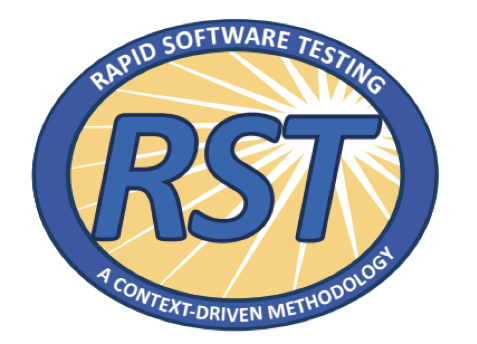This blog post was originally written as an column for www.testnewsonline.com (English) and www.testnieuws.nl (Dutch).
Unfortunately last year AYE (Amplifying Your Effectiveness) was organized for the last time. AYE was a conference in Albuquerque in the U.S. hosted by Jerry Weinberg, Esther Derby, Johanna Rothman and Don Gray. I have never been there and very much wanted to go. But alas: too late!
What appeals to me most in this conference is the focus on experiential learning. They want no powerpoints presentations with barely any room for questions. They want participants who will participate, ask questions, share their experiences, be part of experiential exercises and contribute to the session designs and content.
Fiona Charles does a lot of workshops in this way. Last year I attended Let’s Test conference near Stockholm where I experienced a workshop “Inspiring Test Leadership”. Not been in or done, but experienced! Let me give you a brief report of the workshop. We were with a group of 25-30 people, we sat in a circle and we introduced ourselves briefly. Everyone gave their motivation for being in this workshop. Upon hearing the wide variety of reasons for choosing this particular session, I asked myself just how Fiona could give us all what we were looking for…
During the day, we did a number of interesting exercises in groups. All exercises were discussed and debriefed extensively. During those debriefs Fiona keeps asking the questions. These questions helped us to tell our story about what happened, how we experienced it and why we did what we did. Others are encouraged to respond with their own stories. Meanwhile Fiona facilitates the discussion with questions like “do you know why that happened?” or “how would you use it?”.
In one of the exercises we were divided into two groups. Each group was given 45 minutes time to create a leadership challenge for the other group. After that both groups got 45 minutes to solve the problem. A very interesting exercise it was! You experience the group process while generating ideas under time pressure. After 45 minutes you have to deliver something to work with enabling the other group to get started. It is basically an exercise in an exercise! You learn to think about leadership and it’s challenges. But the process itself is also very interesting and instructive. Leaders step forward, group dynamics occur and all sort of things happen. You do not learn about aspects of leadership, you are the object of the exercise! Did everyone get what they were looking for? No idea, I think so. That’s the beauty of this teaching method: all participants take away what is in there for them. Each participant is responsible for their own learning.
After EuroSTAR, on the way to the hotel, I discussed experiential learning with Fiona. EuroSTAR was great and there is more and more room for workshops and hands-on stuff. While walking Fiona told me that she has an idea to organize a conference with only experiential workshops inspired by the AYE conferences. I was excited immediately. Currently Fiona and I are brainstorming about the possibilities for such a conference, specifically aimed at testers.
What do you think? Would you participate? Who has experience with experiential learning? And what are your experiences? What would you want to learn in such workshops? I’m curious about your reactions.




Recent Comments